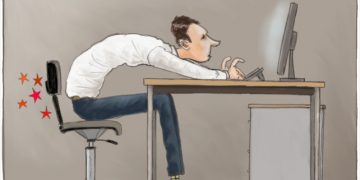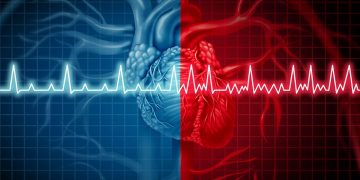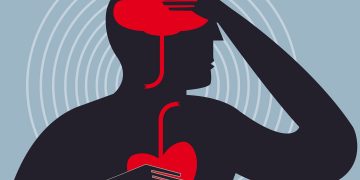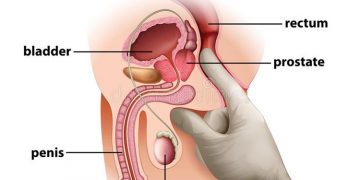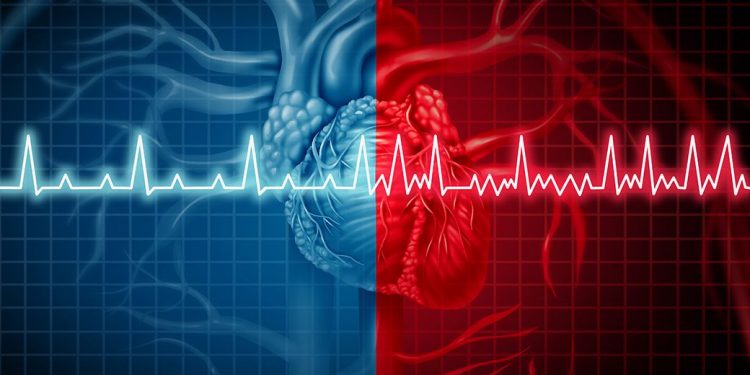Atrial fibrillation, known as AFib or AF, is a heart condition described by a sporadic or quick heartbeat. It is the most normal kind of arrhythmia, influencing in excess of 5 million grown-ups in the United States. The main two offices of the heart, (the atria) typically thump together in a standard design. AFib happens when the heart’s upper chambers thump out of coordination with the lower chambers, prompting a lacking measure of blood streaming all through the body. While AFib is one of the most inescapable heart conditions that cardiologists treat, numerous patients actually have questions concerning side effects, and treatment and the sky is the limit from there. The specialists at Cardiology are sharing significant qualities and what to be familiar with AFib.
What Are the Symptoms?
Numerous patients never experience any atrial fibrillation side effects. In this way, it’s essential to plan routine heart checkups where your PCP can play out an EKG. An EKG records electrical movement from your heart and can assist with diagnosing AFib. Others might encounter side effects, for example,
- Chest torment or strain
- Heart palpitations
- Windedness
- Unsteadiness
- Shortcoming
- Blacking out
- Weakness
- Perspiring
What Are the Risk Factors?
Atrial fibrillation side effects can be welcomed by different elements, all of which can build the possibility of fostering an arrhythmia. Certain gamble factors demonstrated to build an individual’s possibility of creating AFib can include:
- Age – the gamble of creating AFib increments as you age. It is assessed that north of 40 million Americans beyond 60 one years old have at least one kind of cardiovascular infection.
- Coronary illness – any individual who experiences a heart condition, for example, heart valve issues, inherent coronary illness, coronary illness, or a background marked by respiratory failures has an expanded gamble of creating AFib.
- Hypertension – hypertension represents around 1 of every 5 instances of AFib. It’s vital to oversee hypertension and cholesterol.
- Persistent circumstances – thyroid issues, diabetes, corpulence, lung infection, and more can all build your gamble of atrial fibrillation.
- Way of life decisions – living a sound, dynamic life can decrease your gamble of creating AFib. A horrible eating routine, absence of activity, liquor utilization, and smoking can all add to your gamble.
- Family ancestry – on certain occasions, a family background of atrial fibrillation can build your gamble.
How Is AFib Treated?
AFib can be infrequent, industrious, well-established relentless, or super durable. In most relentless and extremely durable cases, it very well may be controlled and as a rule, isn’t perilous. Most AFib cases can be treated with prescriptions, similar to blood thinners, to keep clumps from framing. In additional serious cases, strategies like electrical cardioversion or catheter removal medical procedure might be utilized. Different methodologies can incorporate ways of life or social changes like weight reduction, smoking end, and keeping a functioning way of life.
What to Know About AFib
It’s critical to realize that atrial fibrillation can build your gamble of stroke, causing around 1 of every 7 strokes. In the event that you’ve been determined to have AFib, meeting with your cardiologist routinely can limit this gamble.




